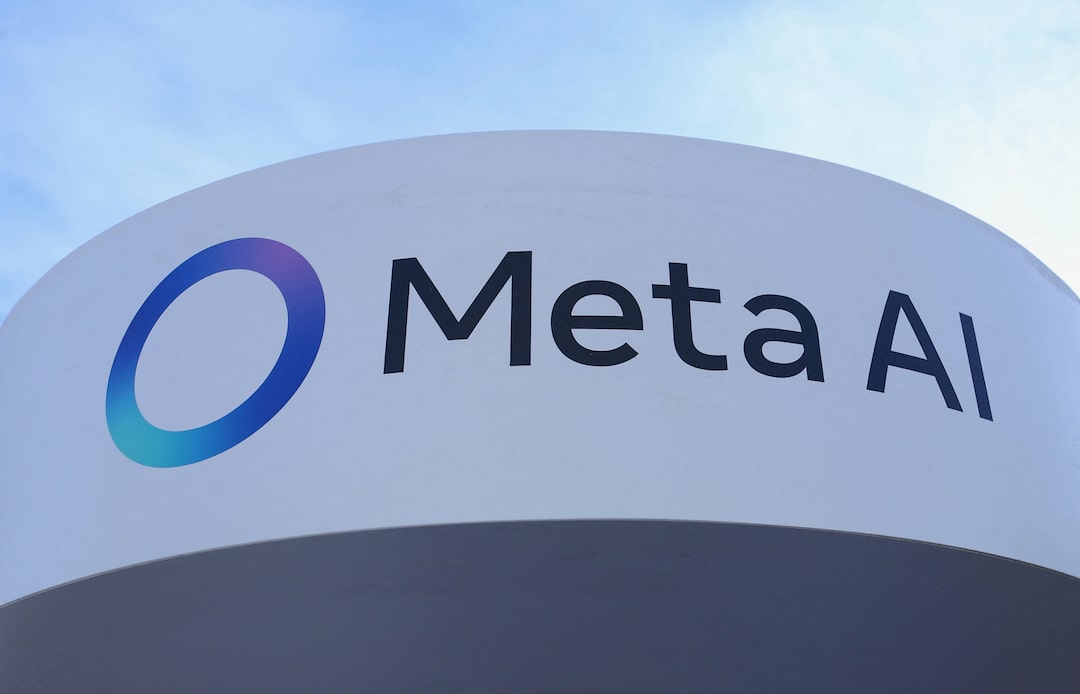AI Overviews and the Evolving Digital Visibility Landscape
AI Overviews are becoming increasingly prominent in the world of online search results, yet they are now less likely to cite pages that rank in Google’s top 10 organic positions. This interesting shift comes on the heels of Google’s March 2025 core update, as revealed by data from BrightEdge. This transformation marks an intriguing development for both users and content creators attempting to navigate the evolving landscape of digital visibility.
By the Numbers
After the implementation of the March 2025 core update, there was a noticeable decrease in the overlap between AI Overview citations and Google’s top 10 organic positions, dropping from 16% to 15%. Industry-specific data shows more nuanced effects:
- Travel Industry: Regular result citations experienced a 6.6 percentage point rise, going from 12.9% to 19.5%.
- Entertainment: Movie-related queries saw a 4.9 percentage point increase in citations, from 8.8% to 13.7%.
- Restaurants: Dining content citations jumped by 4.6 percentage points, from 9.5% to 14.1%.
The Implications
The shift in citation patterns brings to light how AI-generated summaries are less reliant on high-ranking organic results. This bears significance for site owners, as it opens up opportunities for pages outside of Google’s top 10 positions to be highlighted in AI Overviews.
Challenges to Consider
- AI Overviews often result in minimal traffic to websites, typically generating few or no clicks.
- There’s a notable decline in organic click-through rates.
- Google has started linking AI Overviews to its own search results, presenting additional competition.
Understanding the Big Picture
Google’s John Mueller has confirmed that AI Overviews are impacted by core updates, and findings by BrightEdge provide further validation. He remarked last August, “These are a part of search, and core updates affect search, so yes.”
Strategies for Adaptation
For those concerned about maintaining visibility, Jim Yu, founder and executive chair of BrightEdge, suggests focusing on two primary strategies:
- Create content that answers subsequent logical questions, as it stands a better chance of being cited even if it doesn’t rank in the top 10.
- Strive for simultaneous strong performance both in organic rankings and AI Overview appearances to gain a full picture of search visibility.
Looking Ahead
As Google continues to adapt its AI Overviews and apply core updates, it remains essential for websites to assess the impact on organic traffic. This ongoing evolution highlights the relentless nature of digital publishing—the “necessary evil” that underpins the vast availability of fresh, relevant content that users demand and that Google feeds on.
Stay informed. For more insights into changes and updates in digital marketing, make sure to follow aitechtrend.com for the latest news and strategies.







